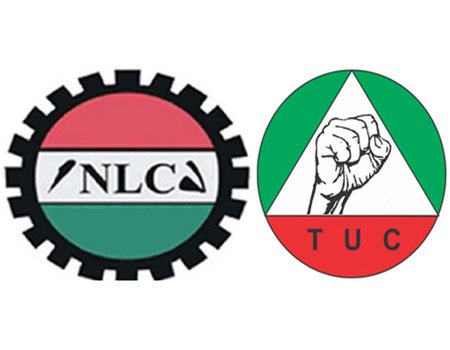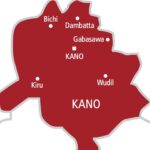The Resource Centre for Human Rights and Civic Education (CHRICED) has rejected the excuses given by the Nigeria Labour Congress (NLC) and the Trade Union Congress (TUC) to shelve the general strike and protests, earlier slated for Monday, September 28.
The Executive Director, CHRICED, Dr. Ibrahim Zikirullahi, however said on Monday in a statement that while the centre was not advocating for a strike action for the fun of it, it was important that Nigerians need to send a strong message to the government that its strangulating policies are unacceptable.
According to him, it was apparent from the details of the agreement signed with the Federal Government that Labour has once again sold out cheaply.
“It is shameful that the leaders of the two labour centres have now reduced important and historic struggles of the Nigerian people for social and economic justice to opportunities to grab appointments in various government committees.
“In fact, judging from the past instances of betrayals of the workers by the leadership of labour since the emergence of civilian dispensation, we are not at all surprise at this last-minute somersault.
The organised labour unions and affiliates had threatened a showdown with government over the fuel price and electricity tariffs increments.
The strike was however called off at the midnight of Monday, hours before the strike was to commence after series of meetings by the stakeholders.
“It is yet another grand betrayal by labour to have allowed itself to be bought over by government’s empty promises to take steps to ostensibly cushion the effects of the harsh policies it has unleashed on citizens. It is equally sad that rather than press the government to address the fundamental issues, which necessitated the strike, labour continued its trend of betraying workers by essentially rolling over to allow the government have its way,” Zikirullahi said.
He said that one of the major issues, which labour capitulated on is hike in the price of petroleum products and that in as much as CHRICED does not support an unsustainable subsidy regime, it is clear that Nigeria’s hopeless dependence on fuel importation will keep the nation in a viscous cycle of endless price hikes.

 Join Daily Trust WhatsApp Community For Quick Access To News and Happenings Around You.
Join Daily Trust WhatsApp Community For Quick Access To News and Happenings Around You.


